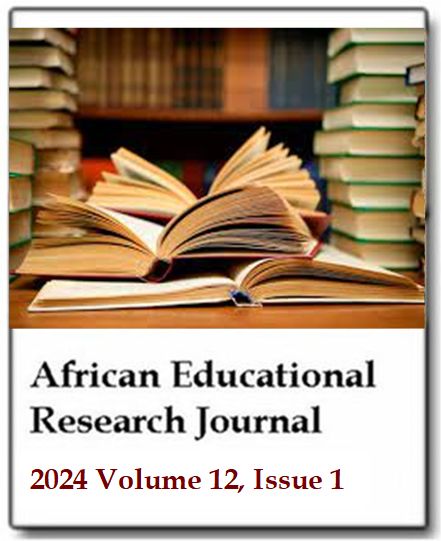English language policy in Algeria: Perspectives of university teachers and students
Baya MarafAfrican Educational Research Journal
Published: February 26 2024
Volume 12, Issue 1
Pages 38-52
DOI: https://doi.org/10.30918/AERJ.121.23.107
Abstract
This study explores the implications of the current foreign language policy in Algeria by holding evidence from the Algerian government practices and the Algerians’ beliefs and views. The study also responds to the call of Maraf and Osam (2022a) to study neoliberalism as a possible outcome of the English wave in Algeria and considers further implications of linguistic imperialism as an additional outcome. To do so, the study follows a concurrent mixed methods research design that relies on the contribution of 200 Algerian university students who participated in a questionnaire (amongst 20 who participated in semi-structured interviews) who are affiliated with sixty-four Algerian universities, and 20 university teachers through semi-structured interviews. The study concludes that English is a tool leading to neoliberalism in Algeria and that English poses a threat of unnoticed linguistic imperialism that is already visible in the practices of certain youth groups. These conclusions are a roadmap for future problems similar to shadow education and language shift.
Keywords: Neoliberalism, linguistic imperialism, Algeria, foreign language policy, English as a medium of instruction (EMI).
Full Text PDFThis article is published under the terms of the Creative Commons Attribution License 4.0

